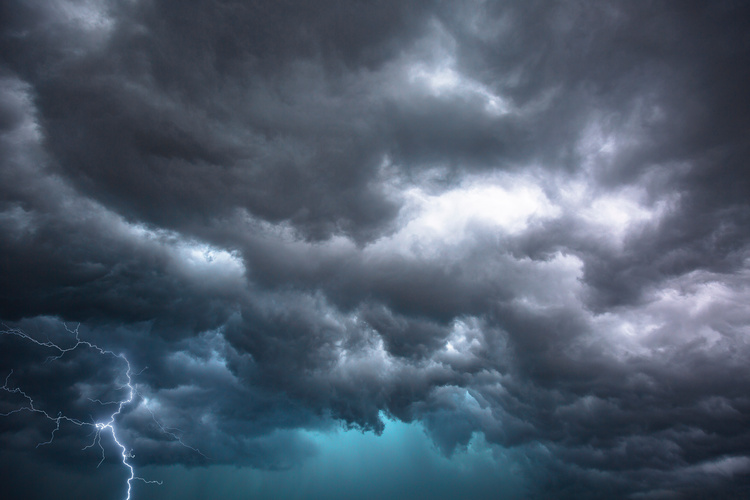
Living in Florida, we experience our fair share of storms - especially in the summer! But do you know how these storms are classified and what the differences are between them? One of the best ways to be prepared is to be informed, and luckily the NOAA provides us with this breakdown of the different storms experienced in Florida:
Tropical Depressions
“A tropical depression is an organize system of clouds and thunderstorms with a defined surface circulation and maximum sustained winds of 38 mph or less.”
These storms are unnamed, but are watched closely as they can turn into something more serious.
Tropical Storms
“A tropical storm is an organized system of strong thunderstorms with a defined surface circulation and maximum sustained winds of 39-73 mph.”
When a storm becomes a tropical storm, it receives a name. An example of a Tropical Storm to affect the Brevard County area was Tropical Storm Fay in 2008.
Hurricanes
“A hurricane is an intense tropical weather system of strong thunderstorms with a well-defined surface circulation and maximum sustained winds of 74 mph or higher.”
Brevard County has been directly affected by 5 hurricanes since 1950 – David (1979), Erin (1995), Charley (2004), Frances (2004), and Jeanne (2004). Hurricanes are categorized by the Saffir-Simpson Hurricane Wind Scale – a 1 to 5 categorization based on the hurricane’s intensity at a given time. The scale below shows the sustained wind strengths for each category.
Category 1 | Sustained winds of 74-95 mph |
Category 2 | Sustained winds of 96-110 mph |
Category 3 | Sustained winds of 111-130 mph |
Category 4 | Sustained winds of 131-155 mph |
Category 5 | Sustained winds of 156 or greater mph |
Most of the damage caused by these storms can be covered by your homeowners insurance – if you have the right policy! Of course, floods caused by these storms are NOT covered, so make sure to get flood protection for your home!
For more information on hurricane basics, please visit the NOAA website at www.noaa.gov.
For information on homeowners insurance and to make sure you are fully covered, please contact us.
